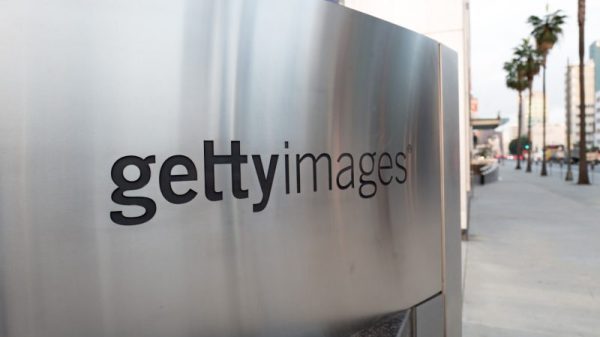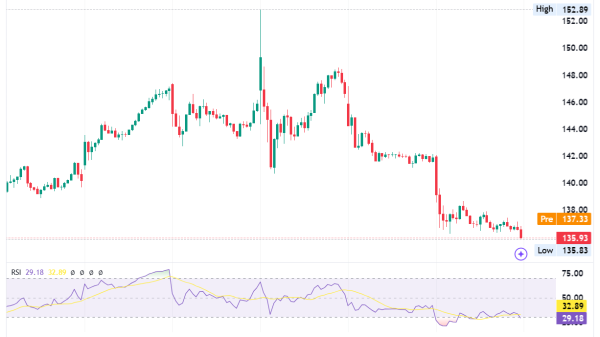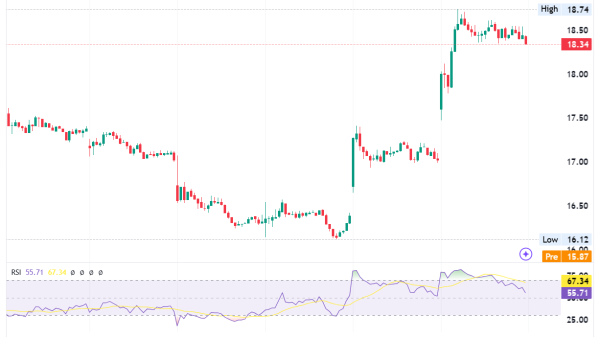Coinbase Sues SEC and FDIC Over Regulatory Transparency
Quick Look:
Coinbase files lawsuits against SEC and FDIC for withholding critical information and lack of transparency.
SEC’s refusal to disclose investigation documents leads to significant regulatory uncertainty for Coinbase.
FDIC is accused of pressuring banks to halt crypto activities, obstructing the industry’s growth and innovation.
Coinbase has initiated lawsuits against the United States Securities and Exchange Commission (SEC) and the Federal Deposit Insurance Corporation (FDIC). The filings were made Thursday in the U.S. District Court for the District of Columbia. They accuse these regulatory bodies of withholding critical information and failing to respond to requests under the Freedom of Information Act (FOIA). Coinbase expresses frustration with the lack of transparency and guidance from these authorities. Besides, it claims to hinder its ability to navigate the complex regulatory landscape of the cryptocurrency industry effectively.
SEC’s Lack of Clarity Prompts Coinbase Lawsuit
Coinbase’s primary grievance involves the SEC’s refusal to disclose documents related to past investigations into the cryptocurrency market. The SEC cites potential harm to ongoing enforcement proceedings as justification for its non-disclosure. This lack of clarity has led to substantial regulatory uncertainty, particularly concerning whether certain cryptocurrencies, such as Ethereum, are classified as securities. Coinbase argues that it struggles to ensure compliance and make informed business decisions without clear guidelines and access to pertinent information.
FDIC Challenges Over Alleged Banking Sector Pressure
In addition to issues with the SEC, Coinbase challenges the FDIC, alleging that it exerts undue pressure on the banking sector to sever ties with the crypto industry. Coinbase accuses the FDIC of sending “pause letters” to financial institutions, instructing them to halt their crypto-related activities. According to Coinbase, these actions constitute unfair and obstructive practices aimed at isolating the crypto industry from traditional banking services. This isolation, they argue, not only stifles innovation but also limits the growth potential of the cryptocurrency market.
Broader Regulatory Battles Highlighted by Coinbase Lawsuits
These lawsuits are a broader struggle between the cryptocurrency industry and regulatory bodies. Moreover, the SEC is currently engaged in a lawsuit against Coinbase, accusing it of operating an unregistered securities exchange. This ongoing litigation underscores the persistent tension between regulatory authorities and cryptocurrency platforms. Amidst these legal confrontations, the SEC recently closed an investigation into Ethereum 2.0. It decided not to press charges against Consensys, the company behind the project. Additionally, the SEC has approved the listing of spot ether ETFs, signalling a nuanced stance towards different facets of the cryptocurrency market.
Coinbase’s Aggressive Legal Stance Boosts Share Price by 4%
Coinbase’s legal actions reflect a growing trend of the cryptocurrency industry’s challenging regulatory practices. This aggressive stance is highlighted by Coinbase’s significant 4% share price increase on Thursday, indicating investor support for its assertive approach. Scott Melker, a prominent figure in the crypto community, highlighted this development during his “Wolf of All Streets” podcast, featuring legal expert James Murphy. The legal battles are about obtaining information and asserting the industry’s right to fair treatment and transparent regulatory practices. As these proceedings unfold, the outcomes will likely have significant implications for the future of cryptocurrency regulation in the United States.
Broader Implications: The Future of U.S. Crypto Regulation
Custodia Bank’s CEO, Caitlin Long, has also taken legal action. Thereby suing the Federal Reserve for access to a master account for her bank. This lawsuit underscores the broader issue of banking access for the cryptocurrency sector, which remains contentious. Coinbase’s lawsuits against the SEC and FDIC mark a pivotal moment in the ongoing battle for regulatory clarity within the cryptocurrency industry. Therefore, these legal actions are about obtaining information and asserting the industry’s right to fair treatment and transparent regulatory practices. As the legal proceedings unfold, the outcomes will likely have significant implications for the future of cryptocurrency regulation in the United States.
The post Coinbase Sues SEC and FDIC Over Regulatory Transparency appeared first on FinanceBrokerage.





























